Asure (aşure) – Noah’s Ark Pudding
For a Turkish person, not having enough food to eat is as unthinkable as not being able to breathe. So imagine Noah’s delight when the ark finally came to rest near Ararat in eastern Turkey after the great flood, in finding enough leftovers to create the gourmet delight known as aşure. Asure is also called Noah’s Ark Pudding, and is made from a combination of chickpeas, walnuts, apricots, barley and sultanas. I first came across aşure more years ago than I can remember. After only one spoonful of this mix which resembles congee in texture, I was hooked on the combination of healthy grains mixed with dried fruit.

Much as I love it, even I have my limits as to how much of it I can eat. When I lived in Kayseri, in central Anatolia, in 2002 I worked at a large government university. Every day I’d eat lunch at the yemekhane, or dining hall, with my husband and colleagues. The menu changed every week and one day I was excited to see they had asure on the menu.
When I told my colleagues how much I loved it they offered to bring me some. By the end of the week I had five enormous jars full of asure. There was so much we started to give it away to our neighbours rather than see it go to waste.
Luckily we didn’t have any children, because we might have got more than we bargained for with each gift of asure. In the past, Turkish women with marriageable daughters made Noah’s Ark Pudding in spring and then sent the girls out to give it to neighbours with unmarried sons. It was an unspoken form of matchmaking everyone knew about but never mentioned.
Asure also has an important place in religious history. In the 17th century, the great Muslim traveller Evliya Çelebi observed that it was always cooked on the 10th day of the Muslim month Muharrem, which is the first month of the Islamic calendar. In Islam it honours the prophet Moses, and it is a special day of observance in Shia Islam. In addition, members of the Alevi sect cook and share asure after fasting and abstaining from eating meat in commemoration of the Battle of Karbala. On this 10th day of Muharrem in 680AD, their leader Mohammed’s grandson Hussein ibn Ali and his followers, were murdered.
Known as The Day of Aşure, this date also figures in both non- and pre-Islamic beliefs. In early Christianity it’s connected to the idea that Adam was accepted by God because he repented. In Judaism it’s related to the story that the sea was divided because the nation of Israel was delivered from captivity and Pharaoh’s army was destroyed. Then there’s the name, which celebrates the belief that Noah’s Ark survived this great flood.
More generally, asure is considered an offering of peace, safety, and spiritual nourishment. In a table of desserts rich in dairy products, aşure is one of the few Turkish puddings that contains no animal products. Consequently, it’s suggested that serving aşure is a statement against violence and bloodshed.
Whatever its origins, aşure is delicious. I’d like to eat it more often than I do, but I have to confess I’m a much better eater than I am a cook. I don’t have the patience for recipes with more than five components and I read once that each aşure ingredient has to be added separately and carefully stirred round to ensure the resulting mix is clear in colour, not murky or grey. The home cooked version is the best, and I can highly recommend the recipe in Ozlem Warren’s cookbook if you want to make it for yourself.
Check out this post is you want to read more about holy days in Turkey or explore Turkish culture and daily life in my three essays collections and travel memoir.
*****************************
If you’re planning to come to Istanbul or Turkey soon, here are some handy tips.
For FLIGHTS I like to use Kiwi.com.
Don’t pay extra for an E-VISA. Here’s my post on everything to know before you take off.
However E-SIM are the way to go to stay connected with a local phone number and mobile data on the go. Airalo is easy to use and affordable.
Even if I never claim on it, I always take out TRAVEL INSURANCE. I recommend Visitors Coverage.
I’m a big advocate of public transport, but know it’s not suitable for everyone all the time. When I need to be picked up from or get to Istanbul Airport or Sabiha Gokcen Airport, I use one of these GetYourGuide website AIRPORT TRANSFERS.
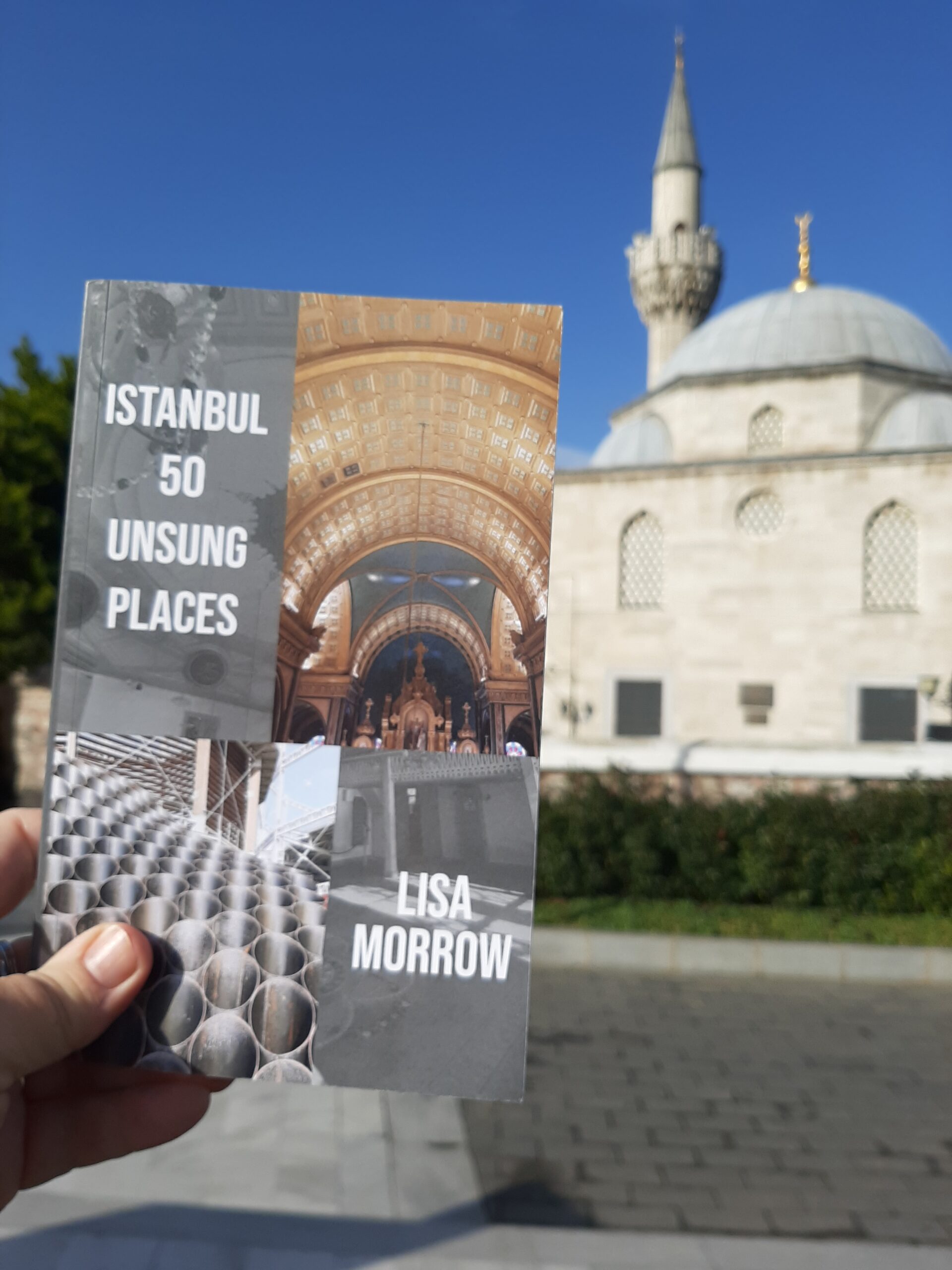
ACCOMMODATION: When I want to find a place to stay I use Booking.com.
CITY TOURS & DAY TRIPS: Let me guide you around Kadikoy with my audio walking tour Stepping back through Chalcedon or venture further afield with my bespoke guidebook Istanbul 50 Unsung Places. I know you’ll love visiting the lesser-known sites I’ve included. It’s based on using public transport as much as possible so you won’t be adding too much to your carbon footprint. Then read about what you’ve seen and experienced in my three essay collections and memoir about moving to Istanbul permanently.
Browse the GetYourGuide website or Viator to find even more ways to experience Istanbul and Turkey with food tours, visits to the old city, evening Bosphorus cruises and more!
However you travel, stay safe and have fun! Iyi yolculuklar.
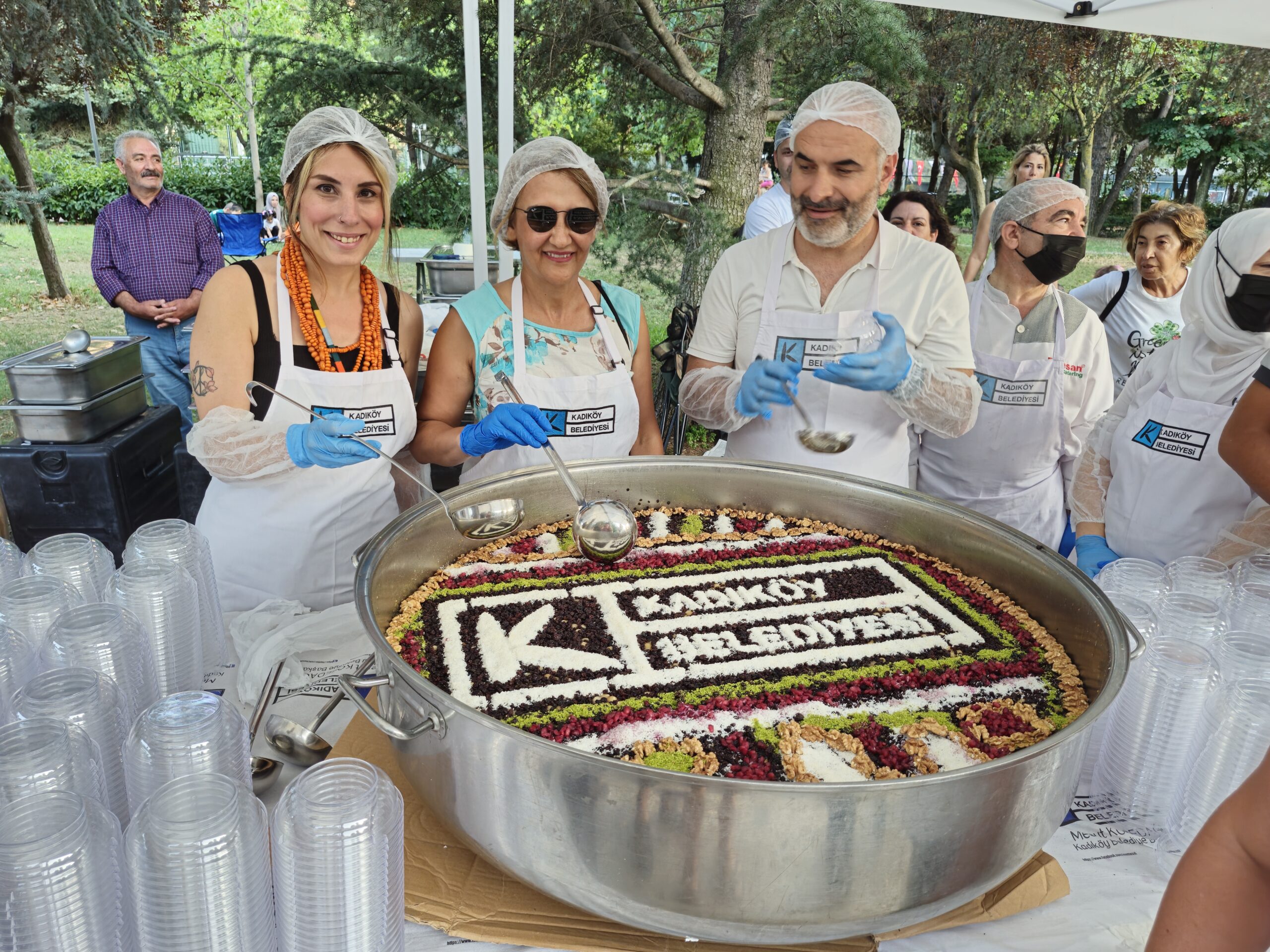

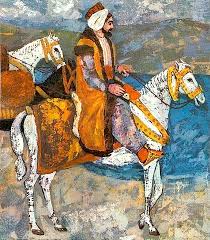

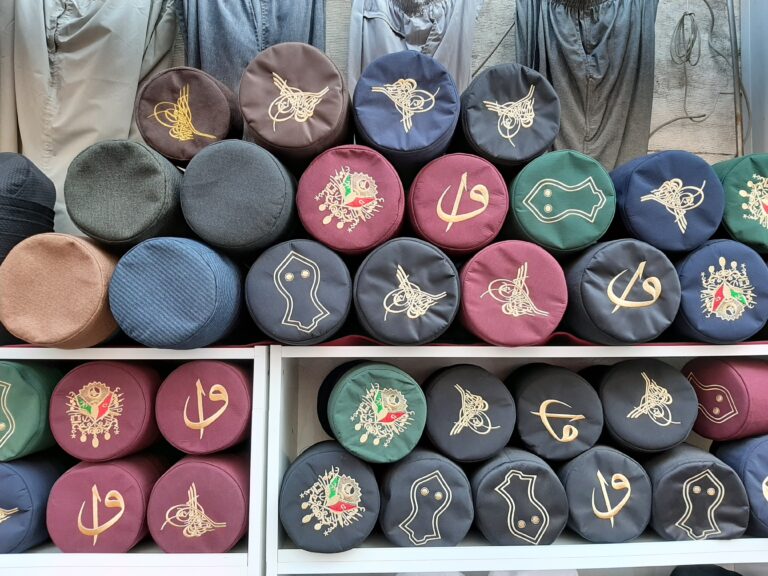


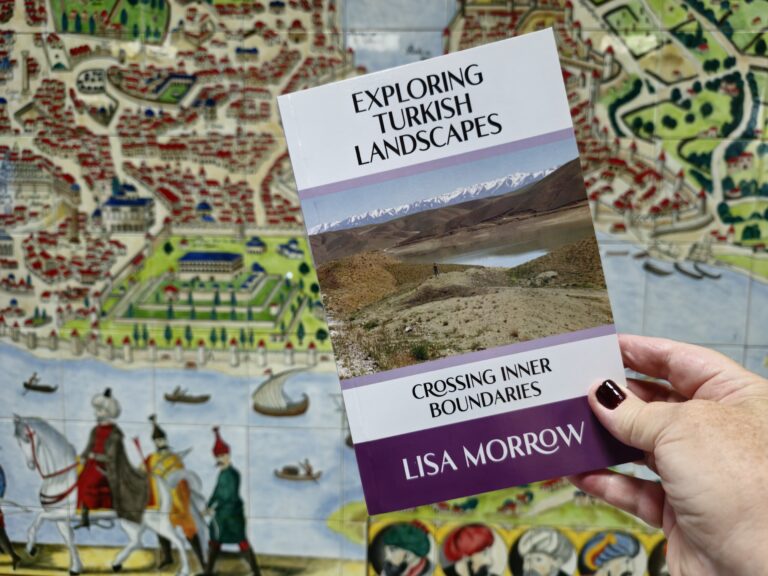

I was very fortunate to actually taste this many years ago.
A gift from a very special friend….
Thank you for that . Interesting .I love Turkish culture and live in Bodrum area .
Sixteen years now .
First came to Turkey in the very early ’70s .
I have been given azure and sorry to say I really don’t like it but to be polite I manage to get through it and then am always given more .
I’ve learned to say ” Can I take this home for my granddaughter as I can’t make it “
Ah, the little Turkish pink lie (not white as we might say). It does come in handy, doesn’t it?